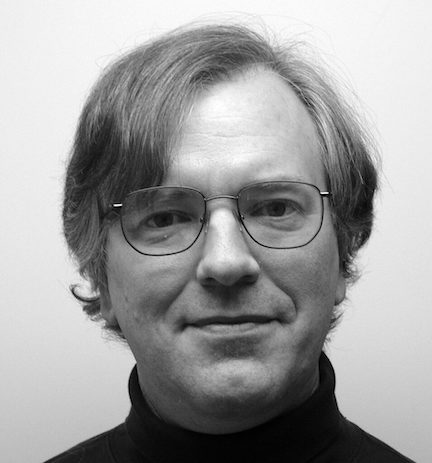By Doug Muder, 23 August 2006
Secularism and Tolerance After 9/11, my review of Sam Harris’ The End of Faith, Daniel Dennett’s Breaking the Spell, and Reza Aslan’s No God But God is now up on the UU World web site. The physical magazines have been mailed to subscribers and I got mine yesterday.
Over the next few weeks I plan to write articles here that spin off of that review and go deeper into various points. (I hope to post the first one later today.) But this would be a good place to have a general discussion.
Let me kick off that discussion by saying a little about why I grouped these three books and wrote this article. For a lot of Humanists and secularists, 9/11 created a sense of urgency about religion. Secularist scholars have been saying for centuries that religion will fade away as science advances, but it just isn’t happening. Instead secularism seem to be in retreat — especially in America, but also across the Muslim world: Fundamentalism is advancing and becoming more influential, not fading away. We’re still battling over teaching evolution, and it seems unimaginable that America could ever elect an atheist president.
Harris and Dennett are each in their own way saying that secularists have been too complacent and have been playing too nice. We need to actively go after religion, not just wait for some inevitable historical process to play out.
The problem I have with both books is that they preach only to their own Humanist choir. They present religion in such an oversimplified and stereotyped way that no person who is actually religious will be moved in the slightest by either book. Believers will feel that they have been slandered by people who just don’t get it, and (if anything) will be hardened against any real doubt.
Buddha is supposed to have said that hatred will not end through hatred. Well, ignorance will not end through ignorance either. If Humanists are going to carry the battle into the religious community and convert anybody, they’re going to have to understand who their potential converts are and why they aren’t already Humanists. Harris and Dennett not only don’t do this, they seem to have no interest in doing it. For both authors, real religion is nothing but fundamentalism. Anybody who isn’t either a fundamentalist or a Humanist is just trying to have it both ways.
I picked Aslan’s book as a way to contrast this Humanist caricature of religion — and especially of Islam — with a genuine thinking person trying to make Islam work in the 21st century. Holding Aslan in mind while you read Harris and Dennett makes the latter two books fall apart; you quickly realize that Aslan’s point of view is represented nowhere in the Harris/Dennett picture of religion.
